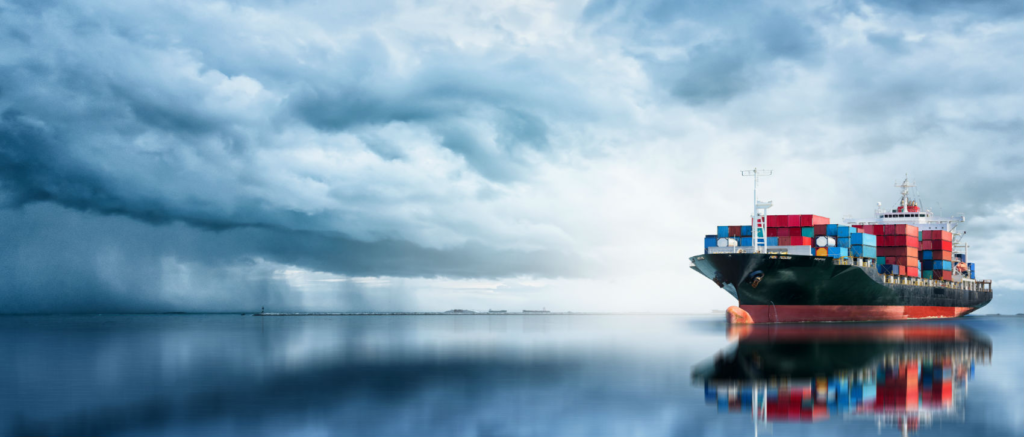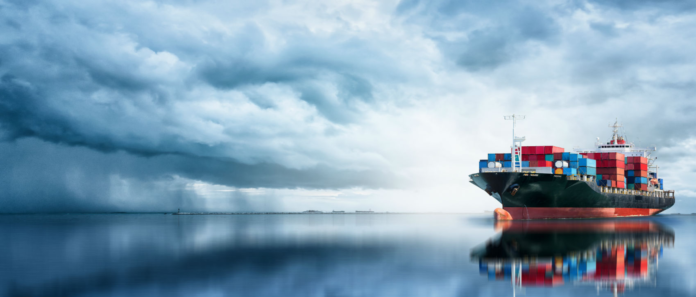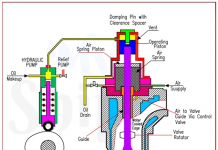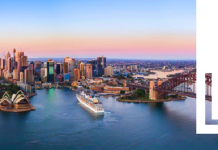
1 January 2018 – Revised FAL Convention
- The revised Annex to the Convention on the Facilitation of International Maritime Traffic (FAL) includes mandatory requirements for the electronic exchange of information on cargo, crew and passengers.
- The new approved practice motivates the use of single window concept, to authorize all the information required by public authorities in connection with the arrival, stay and departure of ships, persons & cargo, to be submitted via a single portal without duplication.
- Other revised standards cover shore leave and the access to shore-side facilities for crew, including the addition of a paragraph in the standard to say that there should be no discrimination, regarding shore leave, on grounds of nationality, race, colour, sex, religion, political opinion, or social origin, and irrespective of the flag State of the ship on which seafarers are employed, engaged or work.
- Standard & approved application regarding stowaways are updated, to include references to relevant sections of the International Ship and Port Facilities’ Security (ISPS) Code.
- The new standard requires govts. where suitable, to include into their national legislation legal grounds to allow prosecution of stowaways, attempted stowaways and any individual or company aiding a stowaway or an attempted stowaway with a intention to facilitate access to the port area, any ship, cargo or freight containers.
- A IMO Standardized Forms, which cover IMO General Declaration; Cargo Declaration; Ship’s Stores Declaration; Crew’s Effects Declaration; Crew List• Passenger List and Dangerous Goods have also been revised.
1 March 2018 – MARPOL Annex VI Collection & reporting of ship fuel oil consumption data
- Adopted by MEPC 70. New mandatory fuel oil data collection system.
- Amendments of the chapter 4 of annex 4 of the International Convention for the Prevention of Pollution from Ships (MARPOL) add new Regulation 22A on Collection and reporting of ship fuel oil consumption data. Under the new condition, ships of 5,000 gross tonnage and above will have to collect consumption data for each type of fuel oil they use, as well as other, additional, specified data including proxies for transport work. Latest appendices which covers Information that is submitted to the IMO Ship Fuel Oil Consumption Database and form of the Statement of Compliance, which would be issued to the ship once the relevant data had been reported. Other regulations are amended to serve for the new requirement, including those related to certificates, surveys and port State control.
- Under the new regulation, ships of 5,000 gross tonnage(GT) and above will have to collect consumption data for each type of fuel oil they use, as well as other, additional, specified data including proxies for transport work.
- The new appendices which covers Information that is to be submitted to the IMO Ship Fuel Oil Consumption Database and form of the Statement of Compliance, which would be issued to the ship when the relevant data had been reported. Other regulations are amended to serve for the new requirement, including those related to certificates, surveys and port State control.
1 March 2018 – MARPOL Annex I (IOPPC), MARPOL Annex V (HME products)
- Adopted by MEPC 70:
- Amendments of the MARPOL Annex I to upgrade the Form B of the Supplement to the International Oil Pollution Prevention Certificate, in relation to segregated ballast tanks.
- Amendments to MARPOL Annex V associated to products which are hazardous to the marine environment and Form of Garbage Record Book. The amendments lay out basis for the classification of solid bulk cargoes as harmful to the marine environment and are aimed at ensuring that such substances are declared by the shipper if they are classed as harmful and are not discharged.
1 July 2018 – STCW Polar waters, emergency training on passenger ships
Adopted by MSC 97 Amendments for the International Convention on Standards of Training, Certification and Watchkeeping for Seafarers (STCW) and its related STCW Code, to include new mandatory minimum training prerequisite for masters and deck officers on ships operating in Polar Waters & an extension of emergency training for personnel on passenger ships.
1 July 2018 – ESP Code
- Amendments to the International Code on the Enhanced Programme of Inspections during Surveys of Bulk Carriers and Oil Tankers, 2011 (2011 ESP Code). Adopted by MSC 97.
1 January 2020 – SOLAS amendments , amendments to Codes
- Amendments for the SOLAS regulation II-1/3-12 on safeguarding against noise, regulations II-2/1 & II-2/10 on firefighting & new regulation XI-1/2-1 on harmonization of survey periods of cargo ships not subject to the ESP Code.
- Amendments to the 2008 International code on Intact Stability (IS Code), relating to ships engaged in anchor handling operations and to ships engaged in lifting and towing operations, including escort towing. This amendments are expected to enter into force on 1 January 2020.
- Amendments to the International Code for Fire Safety Systems (FSS Code), clarifying the distribution of crew in public spaces for the calculation of stairways width. This amendments are expected to enter into force on 1 January 2020.
- Amendments to the International Code for the Construction and Equipment of Ships Carrying Liquefied Gases in Bulk (IGC Code), aligning the wheelhouse window fire-rating requirements in the IGC Code with those in SOLAS chapter II-2. This amendments are expected to enter into force on 1 January 2020.
Disclaimer: Data in the article have been sourced from available information in the internet from different sources.




